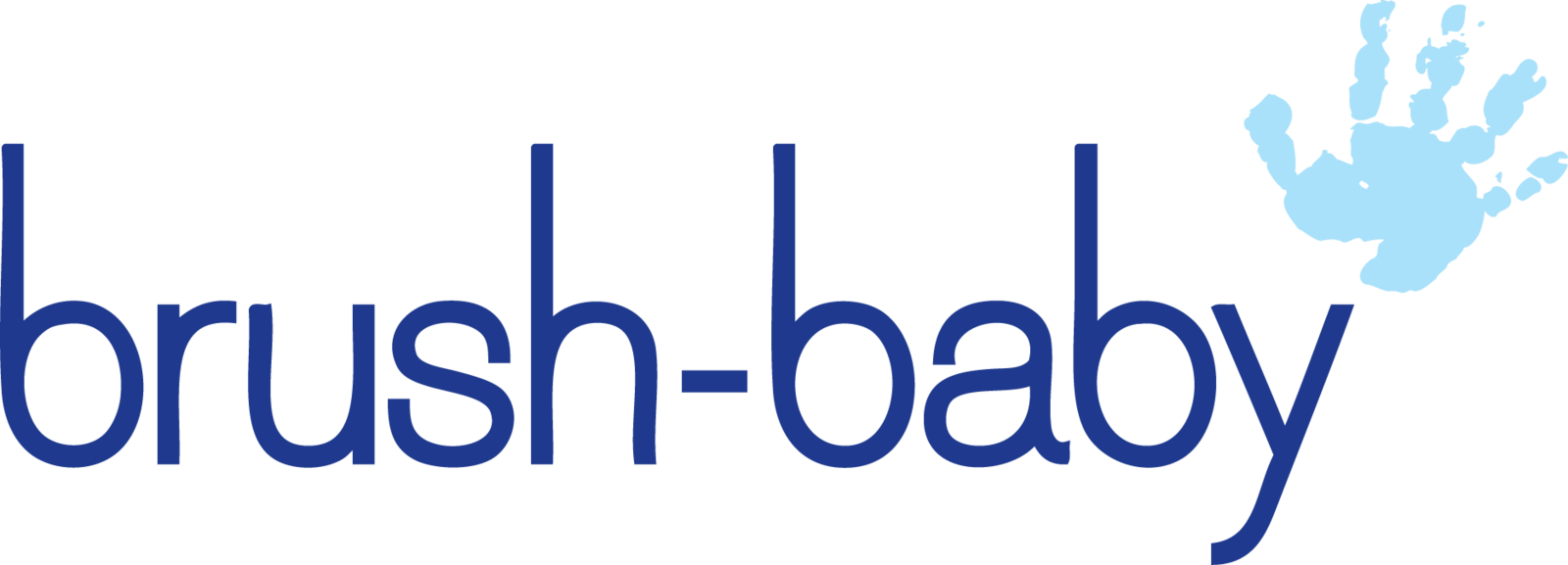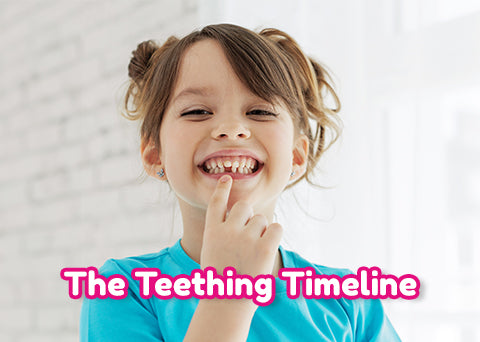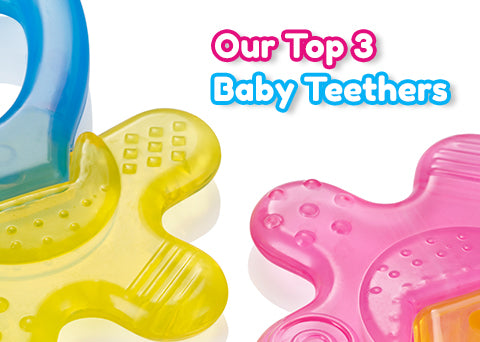Molar Munchin’ : Helping Toddlers Through The Tricky Stage Of Molar Teething Symptoms
Molars are large flat teeth at the back of the mouth and they usually appear from 13 months of age. Teething symptoms in babies can be really painful and testing. Let us help with our brush baby teething wipes and baby gum wipes, which help soothe irritated gums!
In total young kids have 8 molars and they are primarily used to grind food (additional molars - wisdom teeth are the last to appear usually from 18 years of age).
They can be the most troublesome teeth as they emerge, causing gum irritation and sometimes pain. During this time, your toddler will welcome something to really bite down upon, and Brush-Baby’s Molar Munch baby teether is designed for just this job.

It looks like a soother but the firm, textured, finger-shaped biting surface on the baby teether can slot into the side of the mouth to reach emerging molar teeth and teething gums, while its flower-shaped handle helps prevent gagging.
It comes in bright PINK or BLUE colours and with an inbuilt ‘rattle’ it’s easy for little hands to hold and toddlers delight in the relief it can bring.
Great for reaching back teeth! “A lovely little teether for children with the molars coming through. The baby teether looks like a pacifier but has a textured biting part to ease teething pain. Easy to hold too and the little rattle on it is a great idea so keep little hands busy!” Sarah - May 09, 2019
How I can get ready for Molar Teething?
To help ease your toddler through the tricky stage of Molar Teething it’s best to be prepared!
In general keeping your baby or toddler’s mouth clean right from toothless gums will help prevent pain during teething and ‘toothbrushing battles’ later on.
In the case of molars a clean mouth is particularly important. This is because these teeth have a large flat surface and as they emerge a food and bacteria can become trapped in gums flaps around the tooth. So, keeping this area as clean as possible can help prevent gum inflammation and pain.
What else can I do to ease my child’s discomfort?
Your baby is unique, just like you, so it’s worth trying a few different teething remedies in order to find out what does the trick for them. Here are some tips to try:
-
Try to keep your little one’s gums and any teeth they have nice and clean - brush twice a day and use baby Dental Wipe on gums. This will ensure no food or bacteria gets stuck around new teeth popping up (which can cause infection)
-
Try a bit of barrier cream on your baby’s chin and cheeks to prevent chaffing from all that dribble.
-
Baby Teethers for molars are larger and stronger (they are powerful grinding teeth) designed to be gnawed on. Try cooling them in the fridge (never the freezer!) the coolness will be nice and soothing on hot sore gums.
-
Baby Teething wipes, gels, creams or powder can numb sore gums, or for the really tough times you can also give your baby age-appropriate painkillers such as baby paracetamol or ibuprofen. Check with your Health Visitor or on the NHS website for how much you can give them.
-
Distraction distraction distraction! Comforting or playing with your baby can help to distract them from discomfort and pain. Sing, dance, listen to music or go for a walk, but maybe not all the same time!
When should to go to the doctor?
While teething can sometimes be distressing it will never make your baby or toddler ill so if they seem unwell have a fever, diarrhoea, vomiting or ear ache always consult your doctor.







